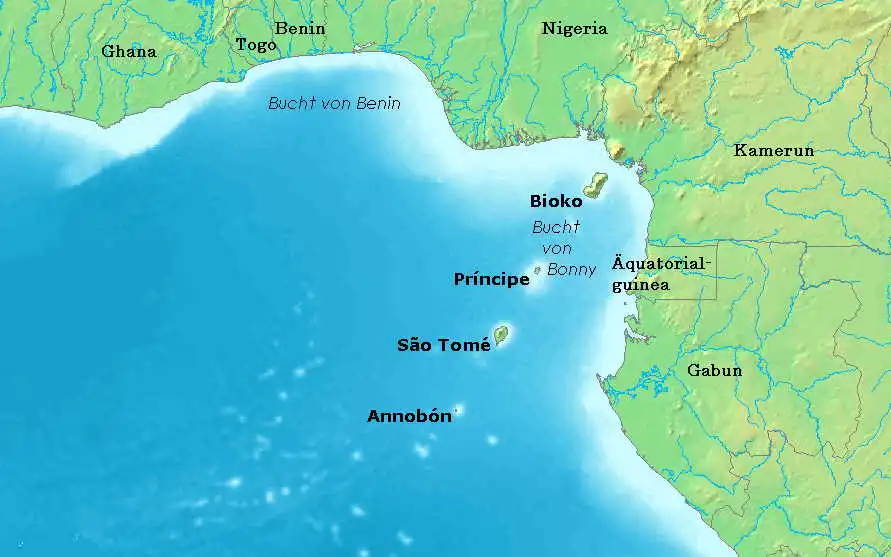Adelino Cardoso, the Infrastructure Minister of São Tomé and Príncipe, resigned on January 2, 2024, amid controversies surrounding public enterprise concessions.
This development followed a dispute involving the President’s alleged involvement and opposition from Enaport’s employees.
Cardoso stated that his immediate resignation was a step towards addressing these issues and restoring order.
The contention centered around a public-private partnership with Africa Global Logistics (AGL) for managing Enaport’s operations.
While Cardoso expressed his commitment to governmental goals and accepted responsibility for his actions, Enaport employees raised concerns over the agreement.
They questioned the contract’s terms, which granted AGL exclusive operational rights and involved using Enaport’s workforce under AGL’s management.
The deal also entailed AGL paying significant monthly royalties to Enaport.

The President’s Office, led by Carlos Vila Nova, denied involvement in this agreement despite references to the President in the contract.
The President’s request for a contract review indicates attention to governance transparency.
Additionally, the government’s decision to reassess the contract suggests a response to public and employee concerns, aiming to ensure the agreement aligns with national interests and legal standards.
In summary, Cardoso’s resignation amidst this dispute highlights a complex situation involving various stakeholders, including the government, public sector employees, and a private company.
It underscores the importance of transparent and inclusive decision-making processes in public sector agreements.
The government’s reassessment of the contract reflects an effort to balance diverse interests and maintain ethical governance.
Background
Cardoso’s resignation underscores a global shift towards greater governmental transparency and accountability.
This trend, particularly notable in developing countries, scrutinizes public-private partnerships for ethical governance.
São Tomé and Príncipe’s scenario mirrors similar challenges in African nations, balancing development with ethical practices.
In contrast, developed countries often have more robust oversight mechanisms, setting benchmarks for nations like São Tomé.
It stresses the importance of safeguarding sovereignty and public interest in international business dealings, highlighting the critical role of public participation in policy-making.

